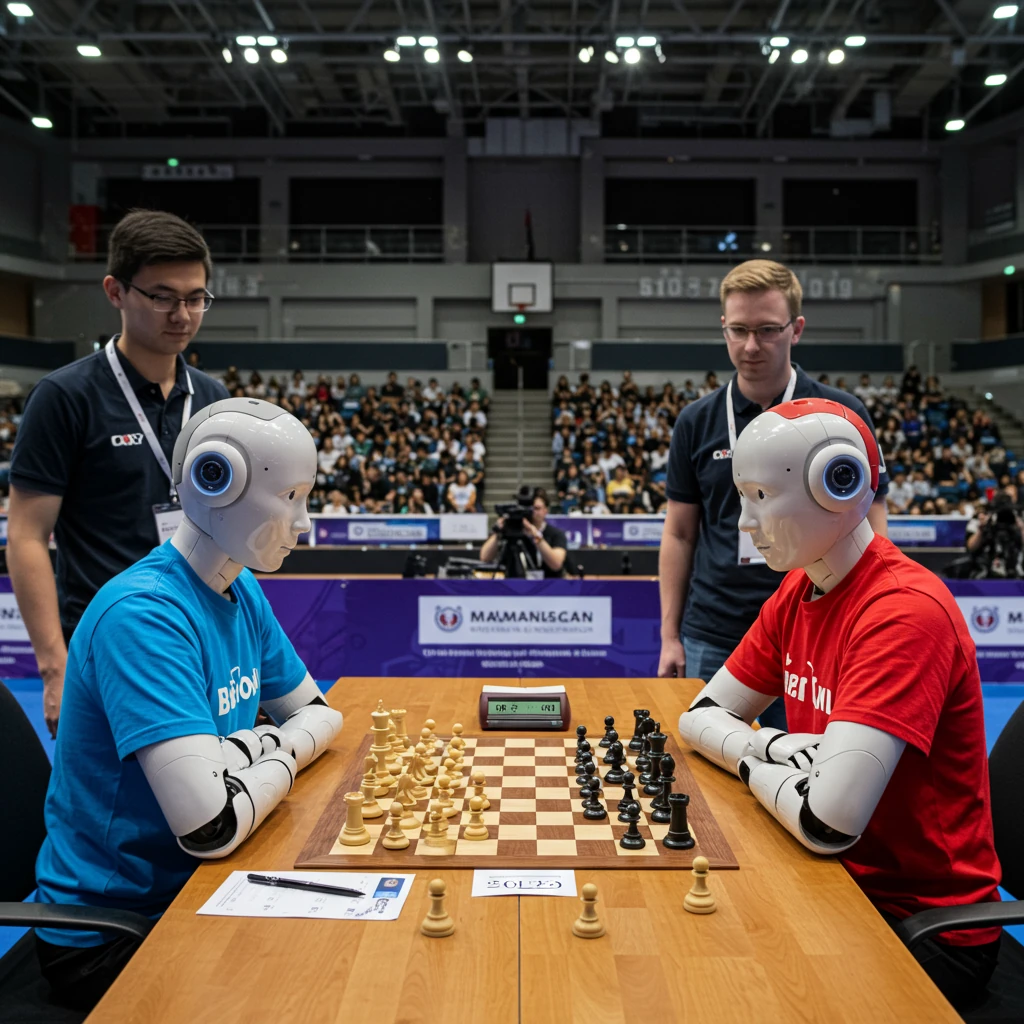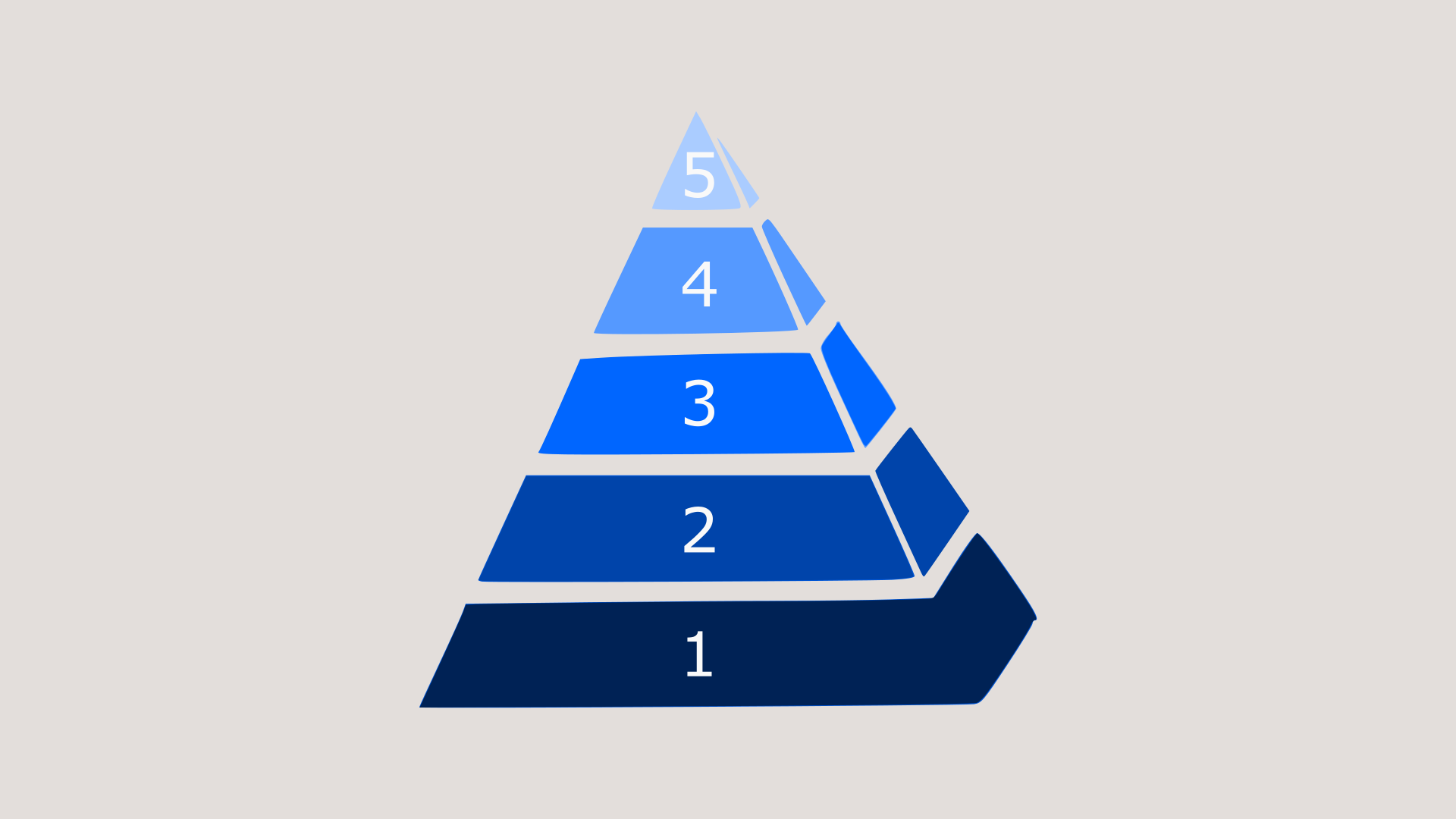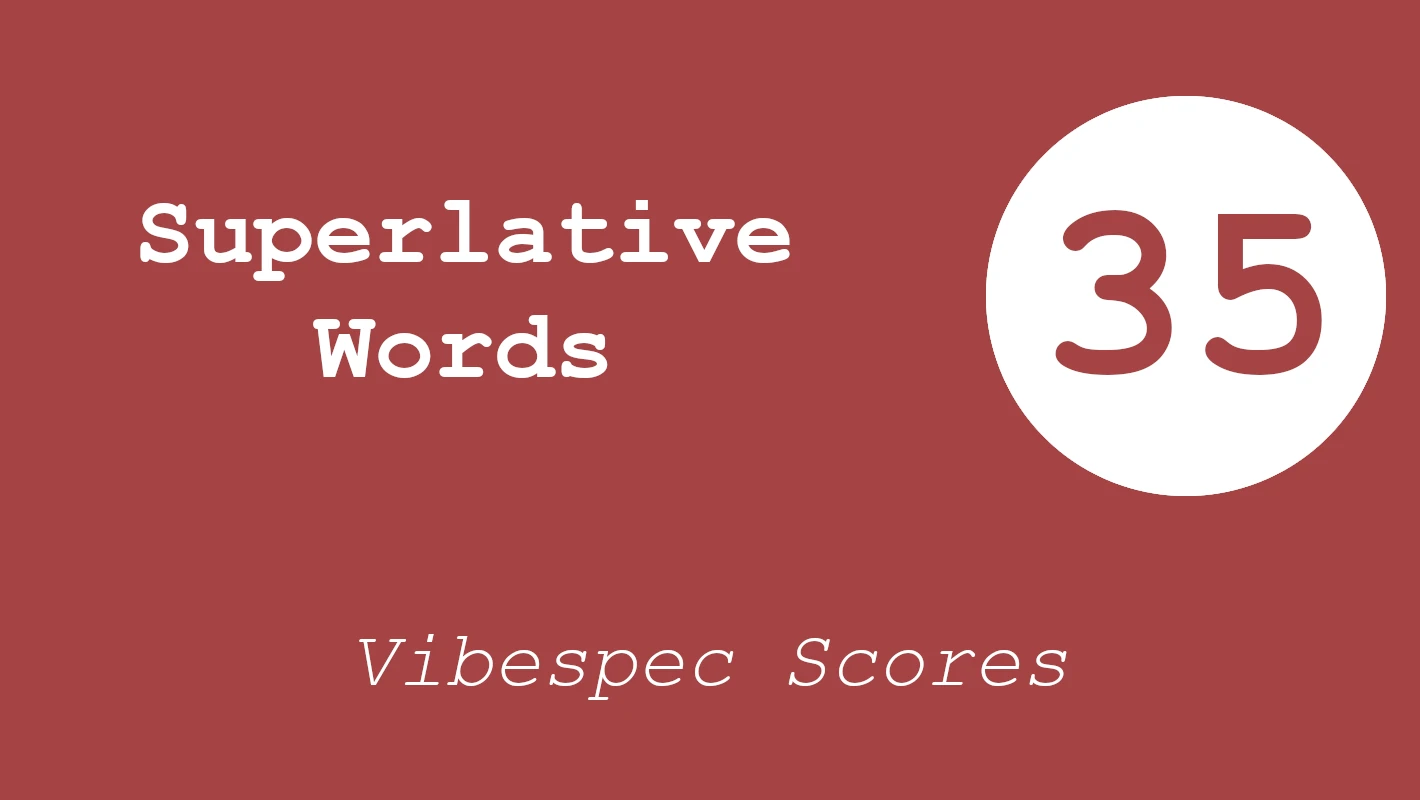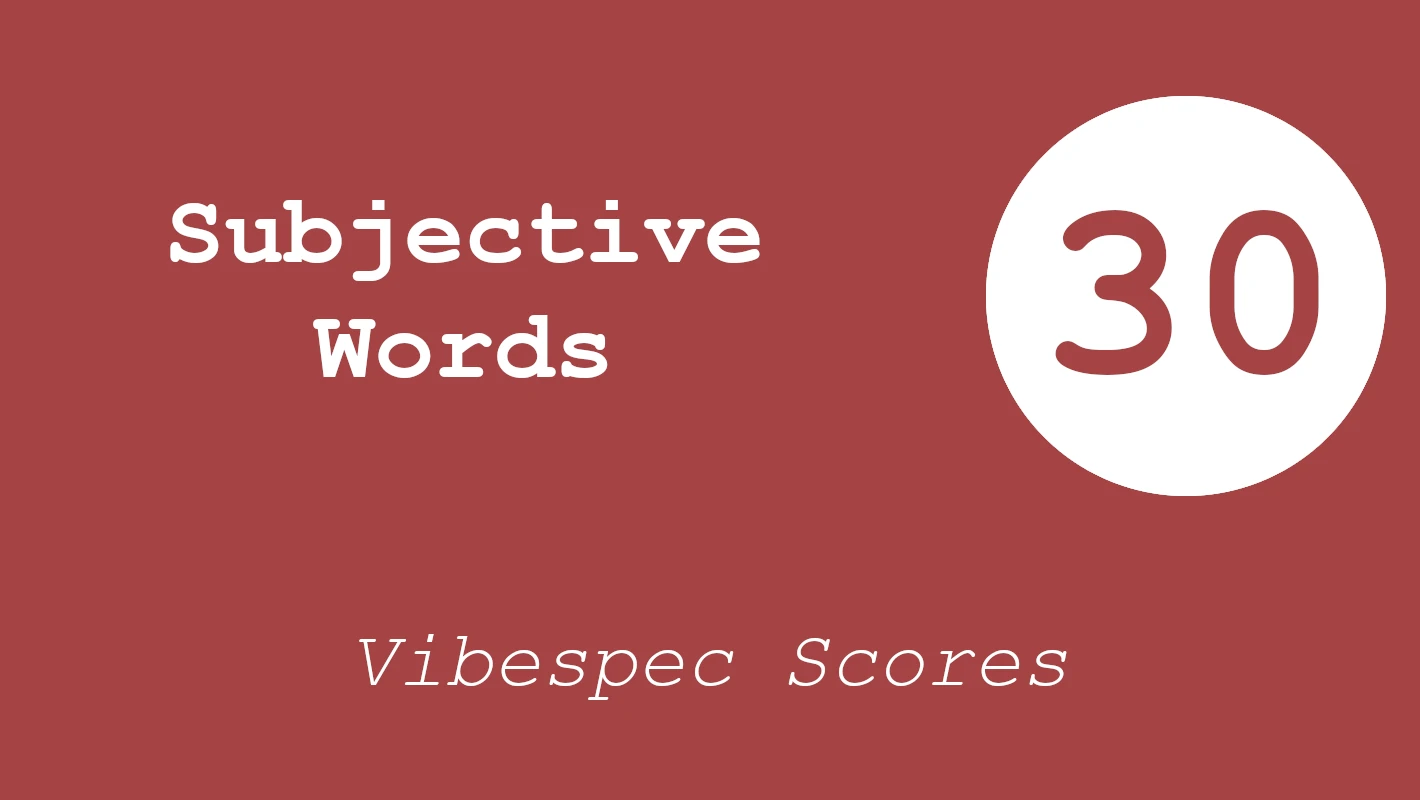
A New Societal Hierarchy:

A New Societal Hierarchy: Humans and Intelligent Machines
As artificial intelligence rapidly reshapes our technological landscape, it’s natural to ask: what will society look like when intelligent machines are as ubiquitous as smartphones are today?
In a recent Newsweek article outlining eight principles for the future of AI, one idea stood out—a new hierarchy in human society, with machines placed deliberately below humans. Not by capability, but by design and philosophy.
Despite their varied backgrounds, three influential thinkers—roboticist Rodney Brooks, neuroscientist David Eagleman, and AI pioneer Yann LeCun—converge on a shared vision: humans and AI will coexist, but not as equals. Instead, humans will ascend as commanders, and machines will serve within strict ethical boundaries.
A World Where Everyone Becomes a CEO?
🧠 Yann LeCun, Chief AI Scientist at Meta, envisions a radical transformation of human roles in society. He proposes that AI systems, even if intellectually superior, will remain subordinate:
“Everybody will become a CEO of some kind… Humanity is going to step up in the hierarchy. AI systems may be smarter than us, but they will do our bidding.”
This vision flips the common dystopian narrative on its head. Rather than replacing us, AI will amplify our decision-making powers, democratizing leadership and placing each individual at the center of a personalized network of intelligent assistants.
A Society of Watchers Watching Watchers
🧠 David Eagleman, known for his work in neuroscience and science communication, brings a systems-level perspective:
“We’re going to build AI systems to check on other AI systems… operating a trillion times faster than us. There will be competitive systems watching each other — and we’ll say, ‘Hey, you keep an eye on him.’”
This paints a picture of algorithmic checks and balances, where human control is retained through overlapping, competitive intelligences. It’s not enough to build a smart system—we must also build systems to monitor the monitors, ensuring safety, transparency, and alignment with human values.
Machines Without Free Will
The sixth principle from the Newsweek article states it clearly: machines will not have “free will”. Instead, they will function within embedded guardrails that prevent them from superseding human priorities.
This concept introduces a societal architecture where machines are not just tools, but members of a structured ecosystem, always one level beneath their human counterparts.
The Big Question: Can We Design a Benevolent Hierarchy?
The promise of AI-enhanced society hinges not just on capability, but on intentional design. Hierarchies are often criticized for enabling inequality—but in this case, a benevolent, controlled hierarchy may be the safeguard that preserves human autonomy.
What if this new hierarchy could reduce drudgery, expand creative potential, and maintain accountability—all while keeping power in human hands?
Final Thoughts
As AI continues to evolve, the shape of society will change with it. But if thinkers like Brooks, Eagleman, and LeCun are correct, we won’t be replaced by machines—we’ll rise above them, carefully orchestrating a future where intelligence serves humanity, not the other way around.
For a deeper dive, read the full article here: Newsweek Article on the Future Impact of Artificial Intelligence


